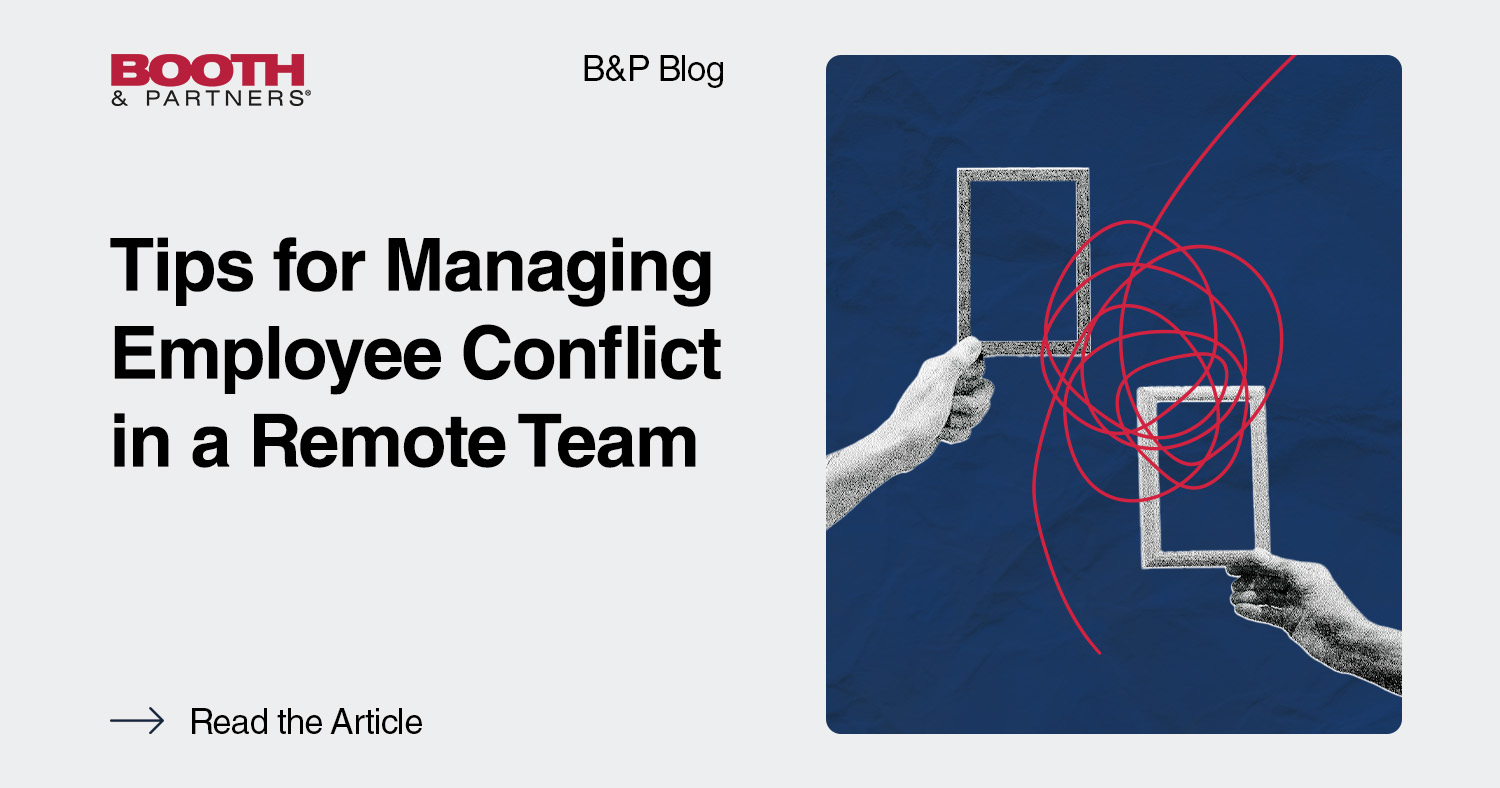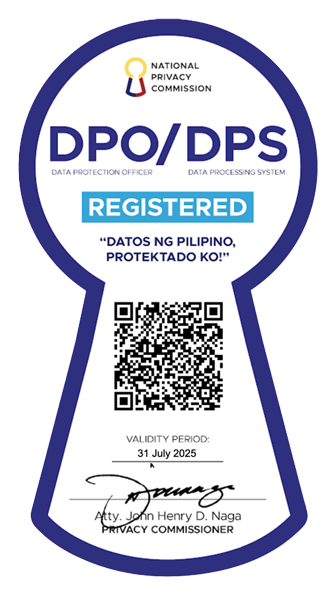Tips for Managing Employee Conflict in a Remote Team

As businesses have increasingly shifted to remote work, effective conflict management has become more important. Working remotely can make it difficult to effectively manage employee conflicts, as communication and collaboration are conducted mostly over email or video conferencing services. Managing employee conflict in a remote team requires strong leadership and the ability to communicate expectations, boundaries, and solutions. This article will provide tips for managing employee conflict in a remote team to ensure a productive, collaborative work environment.
Establish Clear Communication Channels and Expectations
One of the first steps to managing employee conflict in a remote team is establishing clear communication channels and expectations. Set up regular meetings with your team so everyone understands the chain of command and who should be consulted for certain decisions. Ensure all team members are aware of the company’s workplace behavior and conduct policies and provide them with the tools they need to communicate effectively.
Identify the Root of the Conflict
The next step in managing employee conflicts in the workplace is identifying the root of the conflict. What is causing the disagreement or misunderstanding between employees? Is it a lack of communication, different expectations for how work should be performed, or something else? Once you’ve identified the source of the issue, you can begin to create solutions and move forward.
Encourage Transparency and Honesty Within the Team
Encouraging transparency and honesty within the team is vital to successful conflict management. Make it clear that all employees are welcome to raise issues or conflicts without fear of reprisal, as long as they respectfully provide their reasoning. This will help ensure that all voices are heard and respected and any disagreements can be resolved quickly.
Show Empathy
In a remote team setting, it’s critical to demonstrate understanding and empathy when handling employee disputes. Be ready to hear each team member’s viewpoint and spend some time getting to know their motivations. Give staff the chance to voice their opinions in an honest and judgment-free manner. Building trust and promoting collaboration can be achieved by demonstrating respect and interest in what each team member has to say.
Foster a Sense of Trust and Respect Among Team Members
Building a culture of trust and respect among team members is essential for managing employee conflict in a remote workforce. Encourage your team to take the time to get to know one another and form connections to foster a climate of open dialogue, comprehension, and support. Regardless of where they are physically located, ensure everyone feels respected and valued for their efforts. Encourage staff members to voice their opinions without concern for retaliation or criticism.
Conduct Team-Building Activities
Employee conflict in a remote team can also be managed by engaging in team-building exercises. These interactions strengthen bonds between coworkers and promote cooperation and friendship. Team-building activities can be conducted online or in person, depending on your team’s preferences. Virtual scavenger hunts, remote happy hours, team-building workout challenges, and quiz nights are a few suggestions for team-building exercises.
Celebrate Individual Strengths and Differences
In a remote team, managing employee conflict often entails highlighting individual accomplishments and differences. Recognize the variety of perspectives, experiences, and ideas on your team, and foster an atmosphere where everyone may contribute their individual viewpoints. Promote cooperation between other departments to use various viewpoints, skill sets, and expertise.
Embrace Change and Be Open to New Ideas
It takes accepting change and being receptive to fresh ideas to manage employee friction in a remote workforce. Conflict can be a positive factor that generates chances for development and advancement. Encourage team members to think creatively and consider other ways to resolve their differences. Accept change and be receptive to novel concepts that may eventually be advantageous to all parties. Your team can successfully handle conflict using appropriate techniques and a constructive attitude.
Conclusion
Strong leadership, clear communication channels and expectations, team-building exercises, alternative conflict resolution methods, empathetic behavior, developing a conflict resolution policy, locating the conflict’s source, and encouraging openness and honesty within the team are all necessary for managing employee conflict in a remote team. Managing possible conflicts in a remote team successfully also requires accepting change and being receptive to new ideas.
Managing employee disagreement can be advantageous for all parties with the appropriate tactics. Remote teams can achieve their objectives and remain productive and efficient remotely by adopting proactive actions to manage potential conflicts.
Discover more about outsourcing and
how you can maximize it for your
business success!
Get a copy of our E-book: Guide to Outsourcing.



